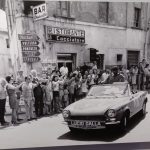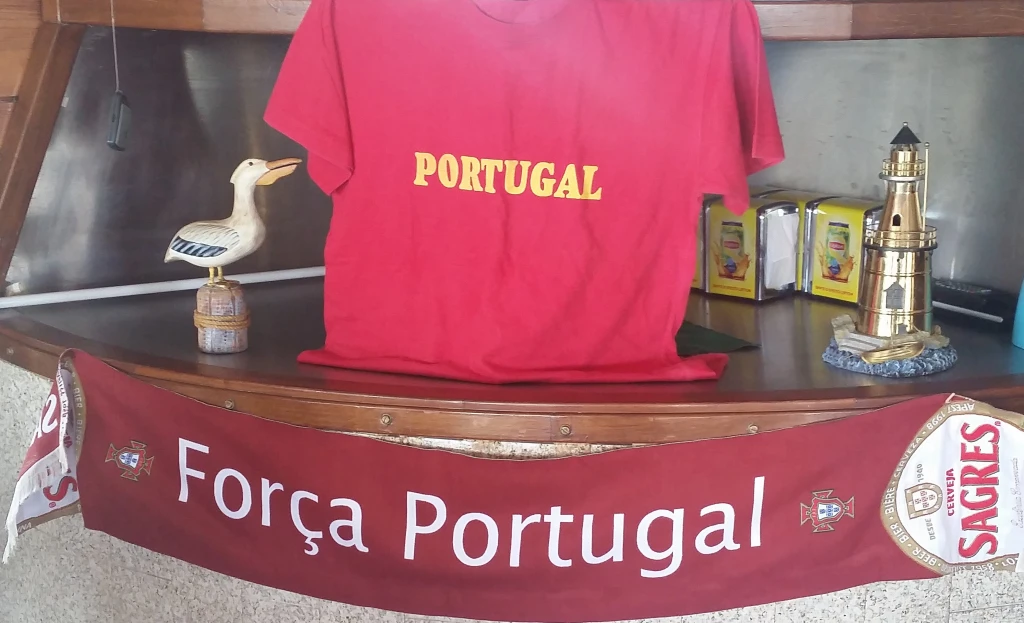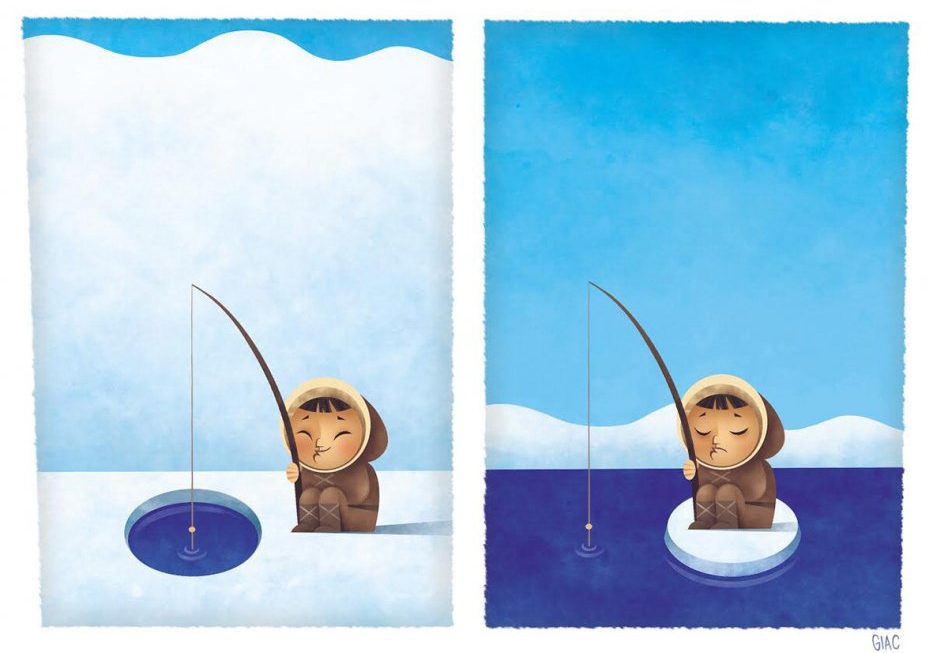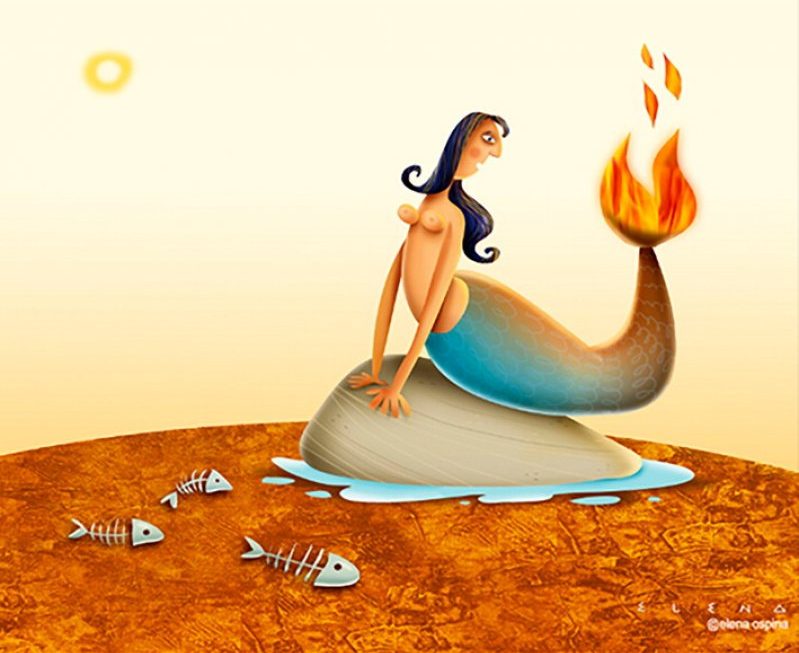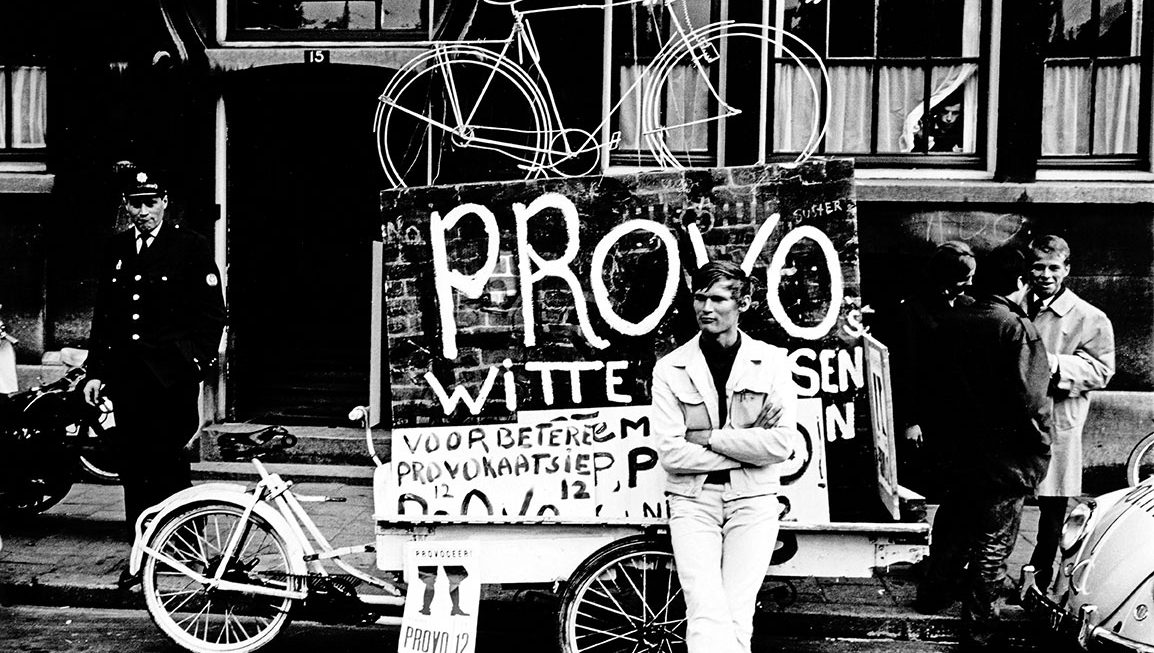Portugal, european champion in fatalism (1)
“A lot of stereotypes from many European countries come to mind, but I have total emptiness on Portugal and the Portugueses,” an American guy comments on Reddit (social news site). To this a Spaniard replies as someone who knows a lot: “the Portugueses are rather sad, pessimistic and melancholy. These traits are represented in the typical musical style of Portugal, Fado, and in the word ‘saudade’ which has no translation in any other language”. Well, at least in Italian it can be translated into “nostalgia”. On the other hand, you know, another classic is the “clash of opposites”, between Portugal and Spain. (Like Italy with France). So much that the Portugueses says the Spaniards are fun, energetic and proud, with a tendency to raise the voice. While the Spaniards believe that Portuguese are reserved, indecisive and nostalgic, in fact, with a tendency to fatalism. “Fado” comes from the Latin fatum and means “destiny”…
…also because you die! (2)
In recent years, even skeptics are starting to see the effects of global warming. Desertification, floods and hurricanes, diseases, melting ice… Even if, in such a context, denial is still present. In 2015 ¼ of Americans did not believe in climate change. But we could speak of indoctrinated people. They partecipate in conferences organized by the directly “interested in the ‘pollution’, or rather the oil and coal industries. As shown by a Vice investigation into ‘The rising oceans’. Among this minority of “deniers of the obvious”, we also had to resist the former President Trump. In one fell swoop, has made all the efforts by Obama useless. At least ,”most Americans today (62%) say that climate change is affecting their local community either a great deal or some”, but we think that the discussion here is deeper: we are talking about to die or survive…
Environmental issues are not boring… (1)
Over time, environmental issues have been stereotyped a lot. Perceived as very secondary, almost useless. Apart from a few “green” fanatics. In the news they always reach the bottom, in the working world they are seen as marginal occupations, in daily life no weight. The sun, the moon, the sky, everything is still there as we have always seen it. At the end. These themes can attract compassion or mockery. At best a certain boredom… until something has been changed. Or not?
“Provo”, Amsterdam’s 1968 (three years earlier)
When we think about 1968 demonstrations, we got Paris or San Francisco in our minds. Or maybe the Prague spring, when Czechoslovakia tried to rebel against the Soviet Union (unsuccessfully). Someone, though, three years earlier, had already passed through all these requests for a better, fairer, more equal society: Holland. And that’s thanks to Provo…
In guerra per l’acqua
Più di petrolio, religione, ideologia, nazionalismo, materie prime preziose. La guerra è sempre più mirata a controllare la risorsa più importante di tutte, l’acqua…
Uruguay 1980, il Mundialito della P2
Da Mussolini in poi (mondiali Italia 1934), i regimi autoritari (ma non solo) hanno sfruttato le grandi manifestazioni sportive internazionali per propaganda politica. A volte l’evento è persino creato dal nulla, come il Mundialito disputato in Uruguay a cavallo tra 1980 e 1981…
Cinema horror, fra trash e culto
L’horror si muove speso lungo la linea sottile che separa il trash dal culto, perché è facile che ricerchi l’estremo, graficamente o per contenuti. Nelle varie epoche e parti del mondo è stato interpretato in maniera e stile diversi, filtrato dalla propria visione culturale. Ma tutti, bene o male, ne hanno in qualche modo avuto a che fare, per intrattenimento come per testare i propri limiti. In fondo esorcizzare la paura è un’esigenza vecchia quanto la comparsa dei primi esseri umani…
La questione della moralità nel giudicare le donne
Questa storia racconta una dinamica ricorrente da centinaia di anni, se non millenni. Gli esempi possono essere infiniti: Maria Montessori, Marie Curie, Louisa May Alcott, Indira Gandhi, Jane Austen, Irena Sendler, Rita Levi-Montalcini, Agatha Christie, Virginia Woolf, Hedy Lamarr, Emmeline Pankhurst… praticamente nessuna ha avuto una vita e una carriera facile, solo perché donna. E tutte furono colpite nella loro presunta “amoralità”…
Il paziente zero (se è il linguaggio a essere virale)
Il termine “paziente zero” è tornato di attualità grazie alla pandemia di Covid-19. Per estensione è stato usato in altri ambiti, come nel cinema horror, ma con una certa dose di fantasia si può applicare a tutto ciò che diventi virale…
Sempre più esposti, sempre più guardoni
E’ comune, come essere umani, “essere colpiti da ciò che più colpisce”, come l’odio o la violenza. Soprattutto se arriva da dove non ti aspetti. Di solito questo “shock” è il motore di azioni contrapposte…













